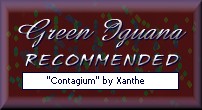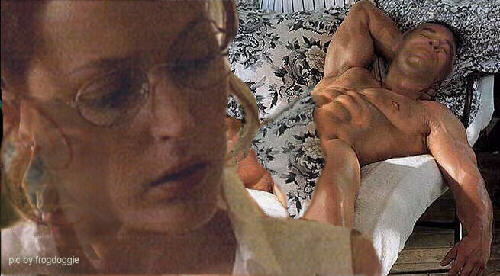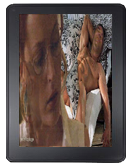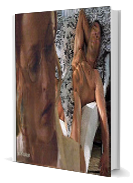Contagium
Summary: In the aftermath of a global tragedy, Skinner and Scully work tirelessly around the clock to save lives.
Fandom: X-Files
Pairing: Skinner/Scully
Genre: Het
Characters: Dana Scully, Walter Skinner
Story Type: Action/Case, Angst, First Time, Futurefic, Hurt/Comfort, Romance
Rated: PG-13
Spoilers: None
Warnings: None
Series: None
Word Count: 21,956
Chapters: 1
Published: January 29th, 2000
Awards: Nominated for a Spooky in the Outstanding Scully/Other categoryWinner of a Wirerim in the Outstanding Skinner/Scully category. 

Notes: This story was written especially for my dear friend, Sergeeva, for her birthday.
Graphic by Frogdoggie.
Special thanks also to RAC.






Recent Comments